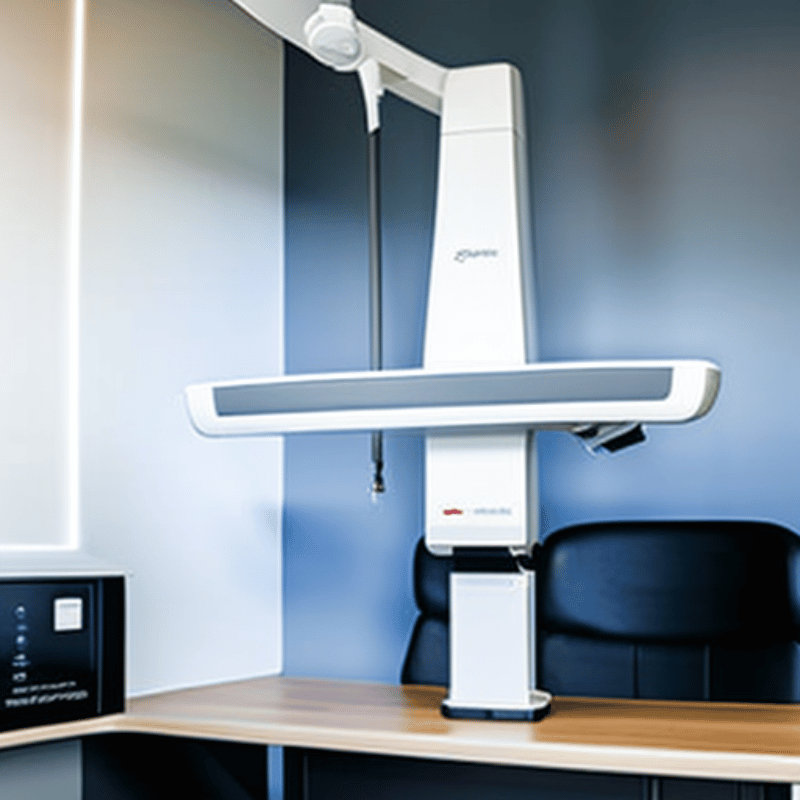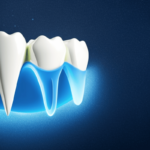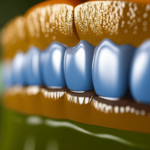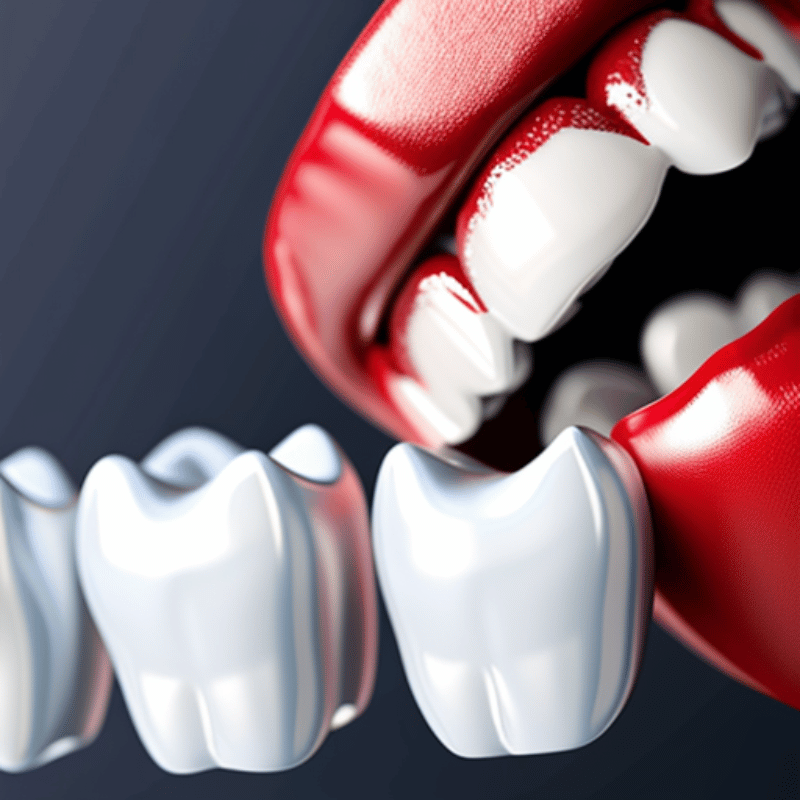Dental X-rays are a common diagnostic tool used by dentists to detect potential problems and evaluate the health of your teeth, gums, and jaws. They are an important part of a comprehensive dental exam and play a crucial role in maintaining good oral health. Dental X-rays provide a detailed image of the structure of your teeth and the surrounding tissues, allowing dentists to identify problems that may not be visible during a regular dental exam.
Pros of Dental X-rays
- Early Detection of Cavities: One of the most significant benefits of dental X-rays is their ability to detect cavities in their early stages. Cavities are a common oral health problem that can lead to tooth decay and eventually tooth loss if not treated promptly. Dental X-rays can detect cavities in areas that are difficult to see during a regular dental exam, allowing for prompt treatment to prevent further damage to the tooth.
- Detection of Oral Health Issues: X-rays can also detect a variety of oral health issues, including gum disease, abscesses, impacted teeth, and jaw problems. Gum disease is a common oral health problem that can lead to tooth loss if not treated promptly. Dental X-rays can help detect gum disease in its early stages, allowing for prompt treatment to prevent further damage.
- Identify Hidden Tooth Decay: Dental X-rays provide a detailed image of the structure of your teeth, allowing dentists to identify hidden tooth decay that may not be visible during a regular dental exam. This information is critical in planning and executing effective treatment to prevent further damage to the tooth.
- Facilitate Treatment Planning: X-rays can assist dentists in planning dental procedures, such as root canal therapy or dental implants, by providing a detailed image of the structure of your teeth and jaw. This information is critical in ensuring that the procedures are performed correctly and with the best possible outcomes.
Cons of Dental X-rays
- Radiation Exposure: Dental X-rays use low levels of radiation, but there is still a risk of exposure, especially for pregnant women and young children. While the levels of radiation used in dental X-rays are considered safe, it is important to discuss the risks with your dentist and take precautions to minimize exposure, such as using protective gear.
- Cost: Dental X-rays can be expensive, especially for multiple X-rays or specialized imaging. The cost of dental X-rays can vary depending on the type of X-ray and the number of X-rays needed. It is important to discuss the cost of dental X-rays with your dentist and to consider alternative options, such as digital X-rays, which may be more cost-effective.
- Time-Consuming: X-rays can take time to perform and to develop, which can add to the length of a dental appointment. This can be inconvenient for some patients and may lead to longer wait times for appointments.
Conclusion
Dental X-rays are an important diagnostic tool for maintaining good oral health. They provide valuable information about your teeth, gums, and jaws, allowing dentists to detect potential problems early and facilitate treatment planning. However, they also have some drawbacks, including radiation exposure and cost. Regular dental visits are important to ensure that any oral health issues are detected and treated promptly, and to minimize the risks of dental X-rays. By following these tips, you can maintain good oral health and enjoy a healthy and beautiful smile.





